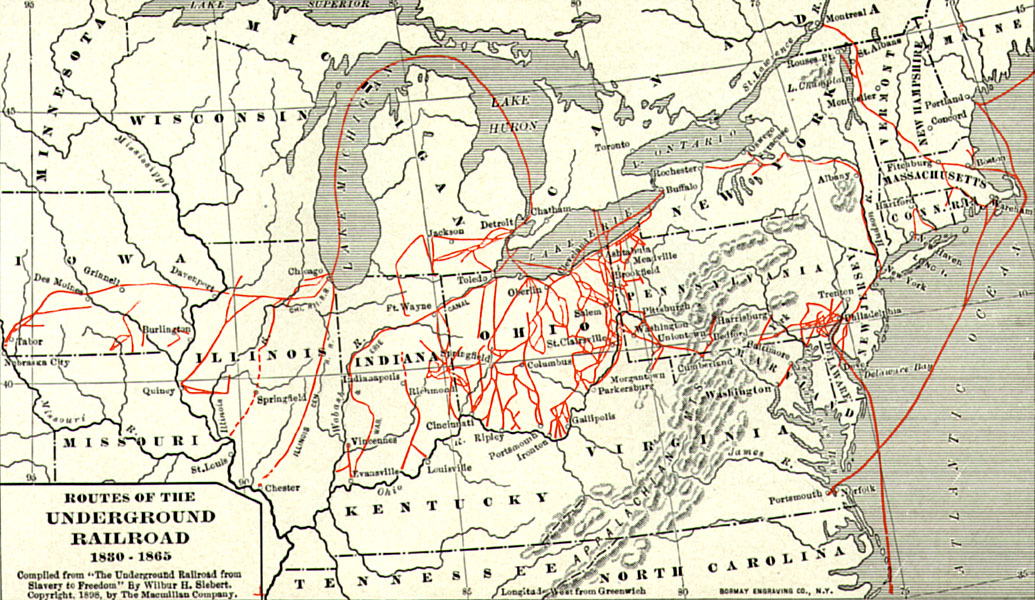by Brendan Battle, BGSU History major. This is one in a series of posts written by students in HIST 4800 in Spring, 2020, putting our world into historical context for the public.
American Response to Epidemics: Compare and Contrast
The United States and the world are in the midst of the worst international pandemic in generations, the COVID-19 novel coronavirus. The virus has claimed tens of thousands of lives and transformed everyday life as people, governments, and businesses struggle to respond to the highly virulent and deadly disease. However, this is not the first time the nation has been locked down by disease, with similar events occurring due to the 1918 influenza pandemic, popularly known as the “Spanish Flu.” The virus is estimated to have infected roughly five hundred million people, nearly a third of the world’s population at the time and claimed the lives of more than fifty million people, with over 500,000 of those deaths occurring in the United States.[1] Responses to both pandemics show weaknesses in our social systems and a conflict between interests of public safety and economic and political goals. The measures taken by our national, state, and city governments in response to our current pandemic show close similarities in both the successes and failures over one hundred years apart.
Continue reading





 The course counts as an elective in the History major and minor, it is cross-listed with Ethnic Studies 3000, and fulfills the upper-division requirement of the Multidisciplinary Core of the College of Arts and Sciences. It will meet on Mondays, Wednesdays and Fridays 11:30-12:20.
The course counts as an elective in the History major and minor, it is cross-listed with Ethnic Studies 3000, and fulfills the upper-division requirement of the Multidisciplinary Core of the College of Arts and Sciences. It will meet on Mondays, Wednesdays and Fridays 11:30-12:20.